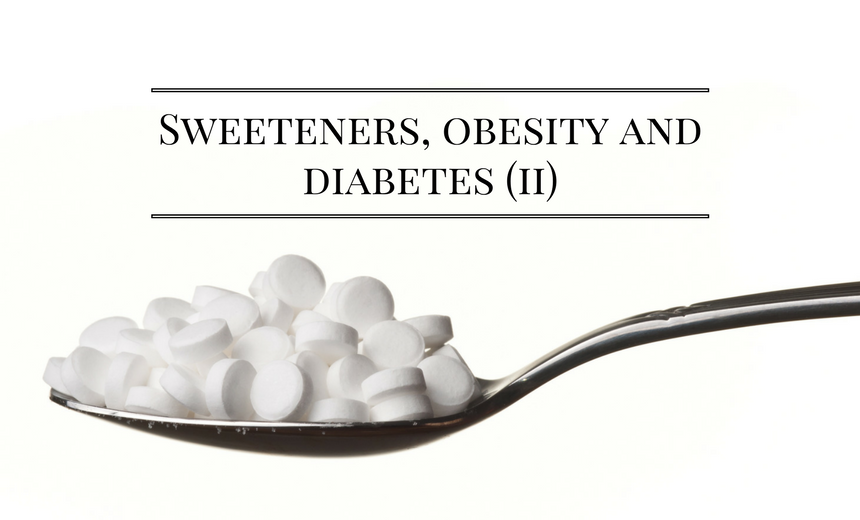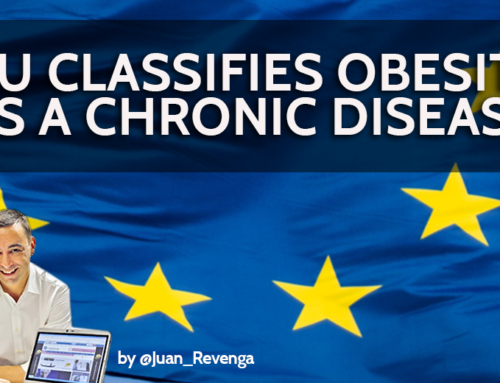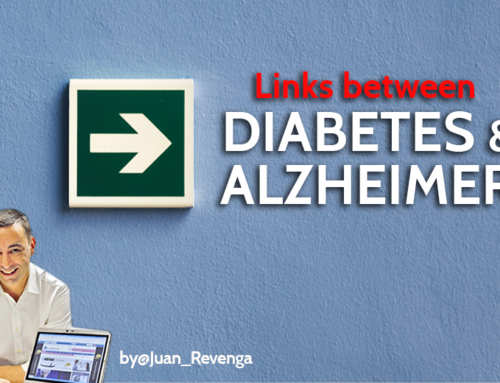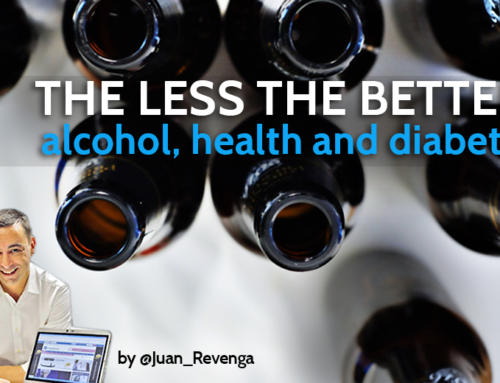Sweeteners, Obesity and Diabetes (II): Sweeteners and Type 2 Diabetes
As we said in the previous post beyond the possible explanations and results that offer doubts about the suitability of sweeteners as an alternative to sugar, other studies have recently been published that directly relate its extensive use with type 2 diabetes in this second part, we discuss the implications of this pathology.
Let have a look at some publications that mention sweeteners and their relationship to type 2 diabetes:
- Consumption of sugar sweetened beverages, artificially sweetened beverages, and fruit juice and incidence of type 2 diabetes: systematic review, meta-analysis, and estimation of population attributable fraction. In addition to finding something already expected … that is, that habitual consumption of sugary drinks is associated with a higher incidence of diabetes 2 regardless of adiposity, this work also pointed to sweetened drinks and fruit juices in a positive association With this disease although these last results could present some bias. In any case, it underlines with little doubt, both sweetened drinks and juices should not be seen as a healthy alternative to sugary drinks in the prevention of diabetes 2.
 Prospective associations and population impact of sweet beverage intake and type 2 diabetes, and effects of substitutions with alternative beverages. In addition to mentioning positive associations in the consumption of sugary drinks, including those made with milk, the only alternatives offered by this paper are water, coffee and unsweetened tea in preventing the risk of diabetes. All this without mentioning, nor even within these alternatives, the possibility of using other beverages with sweeteners considered in the study.
Prospective associations and population impact of sweet beverage intake and type 2 diabetes, and effects of substitutions with alternative beverages. In addition to mentioning positive associations in the consumption of sugary drinks, including those made with milk, the only alternatives offered by this paper are water, coffee and unsweetened tea in preventing the risk of diabetes. All this without mentioning, nor even within these alternatives, the possibility of using other beverages with sweeteners considered in the study.- Association between sugar-sweetened and artificially sweetened soft drinks and type 2 diabetes: systematic review and dose-response meta-analysis of prospective studies. Although the paper states based on observational studies and warns of the necessary caution in drawing conclusions from this type of data, in its conclusions it mentions the clear association between the consumption of sugary drinks and diabetes 2, with an equally positive trend with respect to sweetened but less marked drinks.
- In recent estudies – artificially Sweetened Beverage Consumption Is Positively Associated with Newly Diagnosed Diabetes in Normal-Weight but Not in Overweight or Obese Brazilian Adults – was contrasted, without doubts, what expresses the title in a sample of more than 12,000 subjects.
In summary
It is difficult to contrast a paradigm shift as important as the one we are witnessing with sweeteners. Initially placed in a privileged place regarding its use as an ally for health, at present, and at the stroke of publication, we are witnessing a 180º turn in a very forceful way. As a corollary, it is worth bringing the reflections of the study titled Physiological mechanisms by which non-nutritive sweeteners may impact body weight and metabolism in which it is noticed that, despite previous image of sweeteners, those are not inert elements, and that we must keep in mind it, continue to study the biological mechanisms by which consumption of this sweeteners affect the balance of energy, the metabolic function effects, the perception of the sweet receptors inside and outside the oral cavity, the hormonal effects with metabolic repercussions, the cognitive processes (learning, reward, memory and taste) and the intestinal microbia.
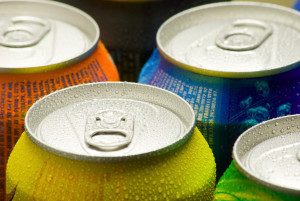
Despite all the above this is not a settled issue. The current point of view is that, when it comes to pointing them out sweeteners are increasingly cornered and seen a more as a risk than as a healthy option.
As stated in Review of the nutritional benefits and risks related to intense sweeteners published by the French Food Agency (ANSES):
The goal of reducing sugar intake levels should be achieved through a reduction in sweet-tasting foods generally at an early age. It should therefore be recommended that artificially sweetened beverages and sweetened soft drinks should not be consumed as a substitute for water
Note: It is necessary to thank in this post the previous work of other colleagues, and, in this case, the one of Luis Jiménez (@centinel5051) and his recommended blog “Lo que dice la ciencia para adelgazar”
Juan Revenga, Dietitian-nutritionist.
Latest posts by Juan Revenga Frauca (see all)
- Obesity recognized as a chronic disease - 13 October, 2021
- Who said you have to eat everything? - 7 October, 2021
- Diabetes and Alzheimer - 29 January, 2021



